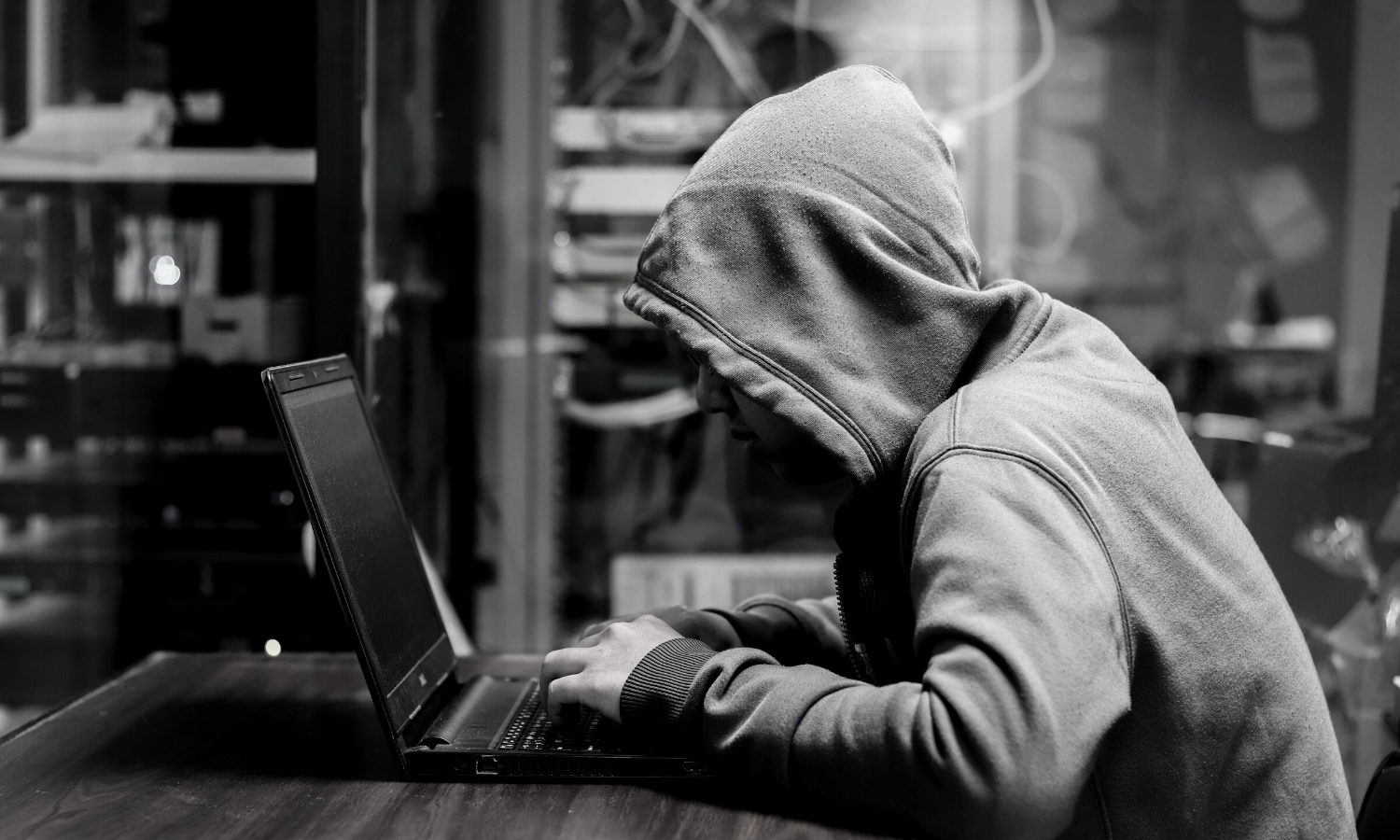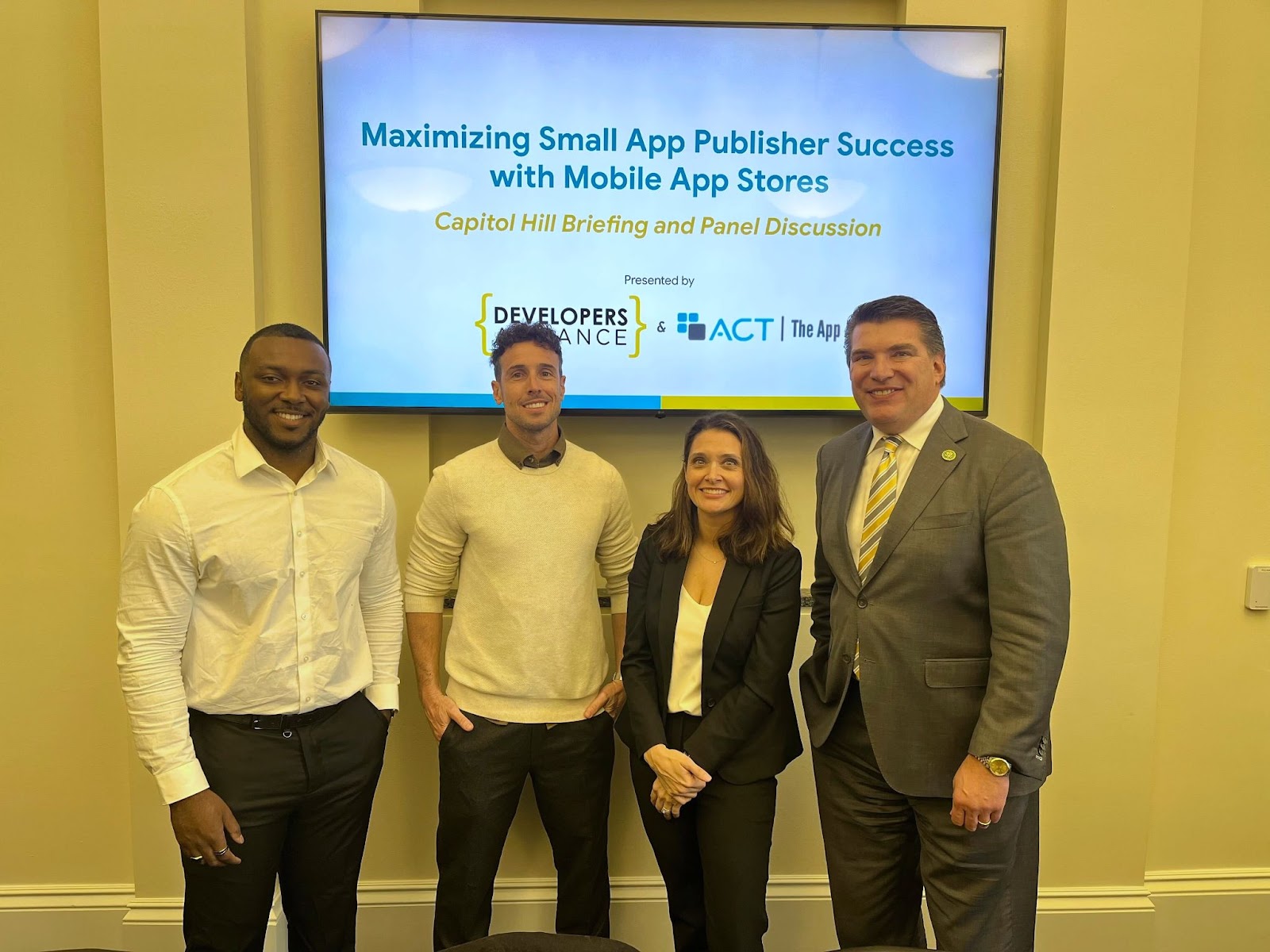When the internet was small and home to a small tribe, social norms were enough to keep things in line. But when nobody knows you’re a dog, what’s to stop you from biting people?
Lately, I’ve been spending a lot of time talking to smart people about the challenges that are driving governments to drop a hammer on internet companies. Deepfakes, hate speech, terrorist propaganda, fake news, child pornography – the list goes on. Each of these issues creates the impetus for another regulation. Each one brings unique challenges and harms. If only there was a simple way to address all of them at once. During each of these debates I’ve dropped the same heretical statement:
Why do we think we have the right to be anonymous on the internet?
Universally, the reaction is a smile, followed by horror (you’re serious?), followed by a passionate defense of free speech, democracy, and freedom of association. None of which require anonymity.
When discussing challenges in the digital world, my foundational arguments always start in the offline world. More often than not, the “new” problems we face have already been resolved in the real world, and with a little fine-tuning those existing solutions adapt nicely to the virtual world as well. It’s a process that helps me identify the assumptions underlying our understanding of what the internet is, what it must be, and what’s completely optional and perhaps unintended.
No one debates that humans are social beasts. Our beliefs and behaviors are shaped and influenced by the social circles we move in, and those circles are influenced by the circles that intersect with them. Family, friends, neighbors, even strangers have an impact on our thinking and our actions. We see ourselves reflected in the opinions of those that matter to us. We are seen, assessed, and judged, and we behave accordingly. Social pressure keeps us generally in line and encourages us to support the social networks that matter to us. The more radical and dangerous we are, the more visible we become – and the more pressures come to bear to moderate our behavior.
In the real world, it takes guts to stand up for something. Or to be a jerk. You can do it, but you know there will be consequences. It seems to work.
So what would happen in the real world if you could do whatever you like, free from the consequences of other people knowing what you were up to, and thus free of the social pressure away from anti-social behavior? Maybe an increased prevalence of hate speech, fraud, personal attacks, and whispered lies.
In the real world, we are not anonymous. We hold passports or IDs with our names on them. We are registered. We are recognizable from a distance. We have names and connections. We might blend in with the crowd, but to do that we need to lean toward conformity. In the real world, true anonymity is a special privilege available only in select situations where we’ve collectively decided that the personal need outweighs society’s need to assert social norms. Anonymity is not the default.
So here’s my analysis and prediction. Where the designers of the internet went wrong was to build a system for like-minded and socially progressive. The world doesn’t work this way. And so I predict that the day is coming where the internet operates in two planes: one anonymous, and one not. To be anonymous without permission on the internet will mean limited rights to speak your mind or engage socially in spaces segregated from the rest of society.* On the public side, you will be known and authenticated, and unable to repudiate what you do or how you act. An internet with rules and norms where the important business of society exists, and another where risks abound. One where everything – including hate speech, deepfakes, and revenge porn – are linked to individual actors, and where consequences attach. Another where lies are free to spread, but where the occupants know that the content cannot be trusted. One where I write blogs, and one where Bgus996_A rants into the ether.
I’m not advocating for this two-tier model, I’m simply looking at what’s out there and extrapolating based on what I’m seeing. The internet lacks the real world’s bias towards order and responsibility. Attach consequences to actions, and all the real-world rules drop nicely into place online.
It’s only a matter of time.
* I know the dark web exists, but I’m thinking of something not-quit-so-obviously-illegal, more akin to today’s internet but with the authenticated stuff distilled and moved elsewhere.





